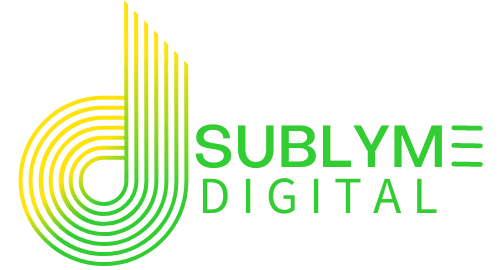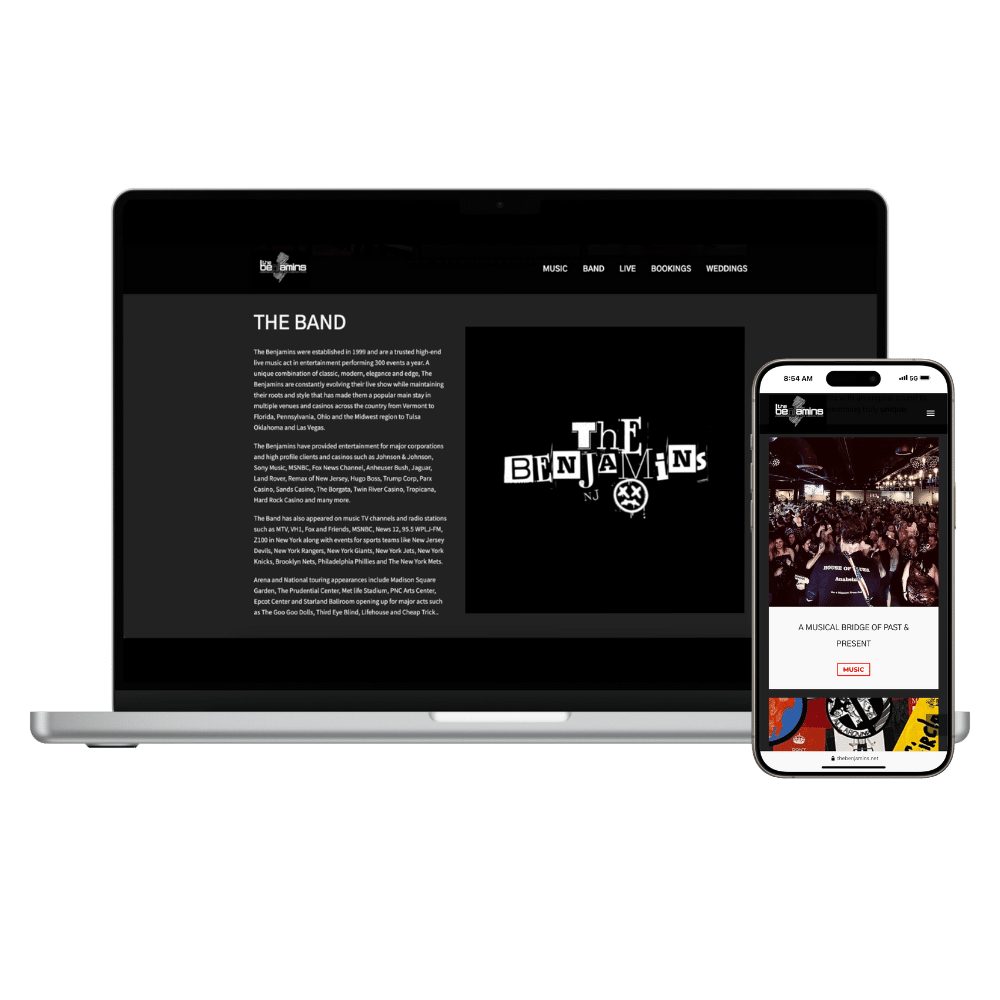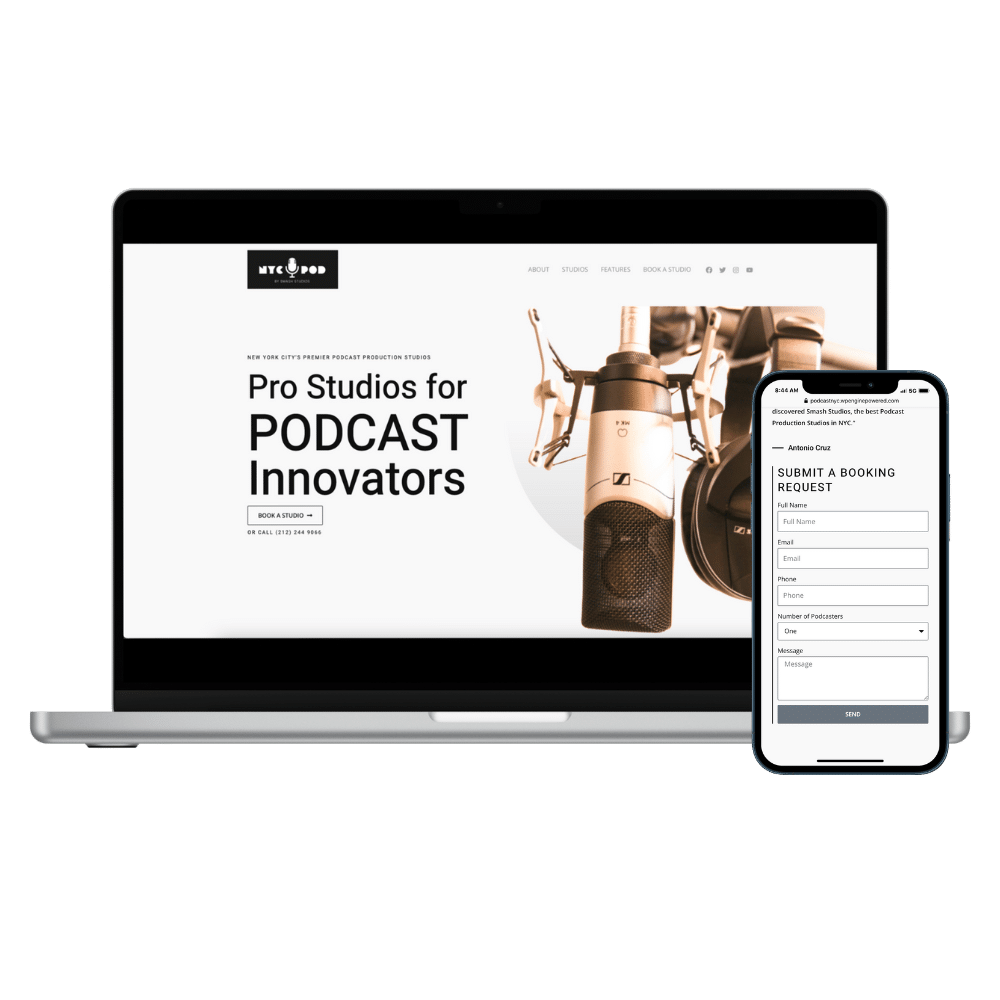Your Ultimate Guide to Getting Your Website Listed on Google Gemini
Step-by-Step Strategies to Get Your Website Featured on Google’s AI-Powered Search
Key Takeaways
- How Google Gemini is reshaping how users discover content
- Getting listed on Gemini requires technical optimization, content quality, structured data, and a focus on user experience.
- Early adopters will gain a significant advantage in brand visibility and search traffic.
- Ongoing monitoring, adaptation, and ethical AI practices are crucial for success.
Get Found on Google Gemini

In this comprehensive guide, we’ll demystify Google Gemini, break down the technical and content requirements, and provide a step-by-step roadmap to maximize your website’s presence on this revolutionary platform. If you want your business to thrive in the AI-driven search era, this is your blueprint.
What Is Google Gemini? Why Does It Matter?
The Next Evolution in Search
Google Gemini isn’t just another search update—it’s an AI-powered search engine designed to deliver more relevant, conversational, and context-aware results. Unlike classic search, which relies heavily on keywords and links, Gemini uses advanced natural language processing to understand intent, context, and even follow-up questions.
What Makes Gemini Different?
- Conversational AI: Users can ask follow-up questions, clarify intent, and get more natural, human-like responses.
- Multimodal Search: Gemini can process text, images, and even voice queries, providing richer, more interactive results.
- Personalization: Results are tailored to user preferences, history, and real-time context.
- AI Summaries: Instead of just links, Gemini often provides direct answers, summaries, and action steps.
Why Should You Care?
- Early adoption: Just as brands that mastered SEO early dominated Google’s first page, those who optimize for Gemini will capture tomorrow’s traffic.
- Higher-quality leads: AI-driven search targets user intent more precisely, connecting you with customers who are ready to engage.
- Brand authority: Being featured in Gemini’s AI responses signals trust and expertise to users.
How Google Gemini Finds and Lists Websites
The Gemini Index: Foundation of AI Search
1. Crawling and Indexing
- Crawlers scan the web: Just like traditional Googlebot, Gemini’s AI crawlers discover and index sites.
- Structured data matters: Schema.org, JSON-LD, and other structured data formats help Gemini understand your content contextually.
- Freshness and authority: Gemini prioritizes up-to-date, authoritative sources.
2. AI Understanding
- Natural language processing: Gemini interprets your site’s language, intent, and semantic relationships.
- Entity recognition: The AI understands not just keywords, but the places, products, and topics your content covers.
3. Ranking and Surfacing
- Conversational relevance: Gemini ranks content based on how well it answers user queries in a conversational, context-aware manner.
- User experience signals: Site speed, mobile usability, accessibility, and engagement metrics are imperative

Advanced Strategies: Outpacing the Competition on Gemini
Voice Search and Conversational Optimization
- Answer questions directly: Use FAQ sections, how-tos, and step-by-step guides.
- Natural phrasing: Write as people speak—Gemini’s AI rewards it.
- Featured snippets: Target “position zero” with concise, informative answers.
AI Content—But Make It Responsible
- Human oversight: Always review and fact-check AI-generated content.
- Blend automation with expertise: Use AI for drafts, but add unique insights and context.
- Stay ethical: Avoid spammy tactics—Gemini penalizes manipulative practices.
Monitoring and Adapting
- Google Search Console: Track impressions, clicks, and crawl errors.
- Gemini-specific analytics: As tools emerge, use them to monitor AI search performance.
- Iterate: Update, refine, and expand content based on user feedback and ranking changes.
Common Pitfalls (and How to Avoid Them)
- Ignoring structured data: Without schema, Gemini may misinterpret your content.
- Thin or outdated content: AI search prioritizes depth, freshness, and accuracy.
- Neglecting mobile and speed: Slow, clunky sites are penalized.
- Over-optimizing for keywords: Gemini rewards natural language over keyword stuffing.
- Lack of human oversight: Unchecked AI content or automation can lead to misinformation and ranking drops.

Step-by-Step: How to Get Your Website Listed on Google Gemini
1. Technical Foundations: Gemini-Ready Site Architecture
Ensure Crawlability and Indexability
- Submit your sitemap: Use Google Search Console to submit an XML sitemap, ensuring Gemini can discover all important pages.
- Robots.txt and meta tags: Don’t accidentally block Gemini’s crawlers. Review your robots.txt and meta directives.
- Mobile-first design: Gemini prioritizes mobile-friendly, responsive sites.
Optimize Site Performance
- Speed matters: Use tools like Google PageSpeed Insights to minimize load times.
- Secure your site: HTTPS is mandatory. Gemini, like classic Google Search, penalizes insecure sites.
- Accessibility: Implement ARIA labels, alt text, and proper semantic HTML for users and AI.
Structured Data: Speak Gemini’s Language
- Implement schema markup: Use Schema.org/JSON-LD for articles, products, FAQs, reviews, and more.
- Rich snippets: Enable enhanced listings (star ratings, images, event info) that Gemini can surface in AI responses.
- Breadcrumbs and sitelinks: Help Gemini understand your site structure and hierarchy.
2. Content That Wins: Creating Gemini-Optimized Pages
Write for Humans, Structure for AI
- Conversational tone: Gemini favors content that reads naturally and answers questions directly.
- Long-tail, intent-driven keywords: Focus on topics, questions, and problems your audience is searching for.
- Topic clusters: Interlink related pages to help Gemini map your site’s expertise.
E-E-A-T: Experience, Expertise, Authoritativeness, Trustworthiness
- Showcase credentials: Author bios, client testimonials, and case studies build trust.
- Cite sources: Link to reputable references and data.
- Keep content fresh: Update regularly to maintain accuracy and relevance.
Multimedia and Multimodal Content
- Images and video: Use descriptive filenames, alt text, and schema to help Gemini interpret visuals.
- Audio and podcasts: Provide transcripts and summaries for AI parsing.
- Interactive elements: FAQs, calculators, and tools are favored by Gemini’s conversational AI.
3. User Experience: The New SEO Battleground
Optimize for Engagement
- Fast loading: Compress images, use lazy loading, and minimize scripts.
- Clear navigation: Make it easy for users (and AI) to find what they need.
- Calls to action: Guide users toward desired outcomes—Gemini notices engagement signals.
Accessibility and Inclusivity
- Readable fonts and contrast: Ensure your site is usable for all.
- Keyboard navigation: Test for users with disabilities.
- Localization: Translate content for different regions and languages.
4. Authority Signals: Off-Page and On-Page Trust
Build Quality Backlinks
- Earn mentions: Get cited by industry publications, news outlets, and authoritative blogs.
- Guest posting: Share insights on reputable sites to earn links and exposure.
- PR campaigns: Announce milestones, partnerships, and innovations to attract attention.
Social and Brand Presence
- Active social profiles: Gemini factors in brand signals from platforms like LinkedIn, Twitter, and YouTube.
- Consistent branding: Use the same name, logo, and messaging across all channels.
Reviews and Reputation
- Encourage reviews: Google Business Profile, Trustpilot, and industry-specific sites matter.
- Respond to feedback: Show you’re engaged and trustworthy.
Conclusion
Googel Gemini Frequently Asked Questions (FAQ)
A: Currently, Gemini results are being integrated into traditional Google Search and SGE. If your content appears in conversational answers, AI summaries, or “People Also Ask” sections, you’re being surfaced by Gemini’s algorithms.
A: No. Optimizing for Gemini means following Google’s best practices for SEO, structured data, and user experience. There is no manual submission—Gemini crawls and indexes the web automatically.
A: If your site is already indexed by Google, Gemini can pick up your content quickly—sometimes within days of optimization. New sites may take longer, especially if technical or content issues exist.
A: Not if it’s high-quality, accurate, and reviewed by humans. Gemini penalizes spammy, misleading, or thin AI content. Always combine automation with editorial oversight.
A: Gemini is Google’s next-gen AI search engine, integrating and evolving features from SGE. Both use AI to provide richer, conversational results, but Gemini is more advanced in understanding context, intent, and multimodal queries.
Let's Build Something Sublyme
Ready to get your website listed on Google Gemini and future-proof your digital strategy?
Contact Sublyme Digital for a free consultation. We’ll audit your site, implement Gemini-ready optimizations, and help your brand lead in the age of AI-powered search. Don’t wait—secure your spot in tomorrow’s search results today!











